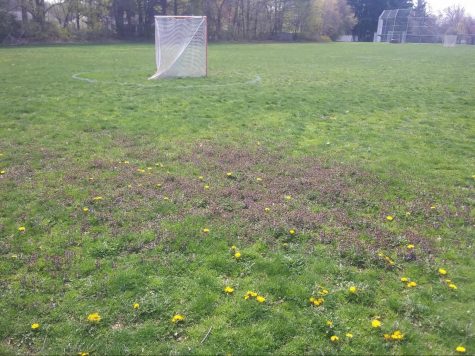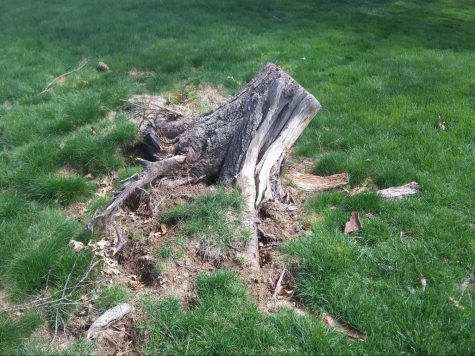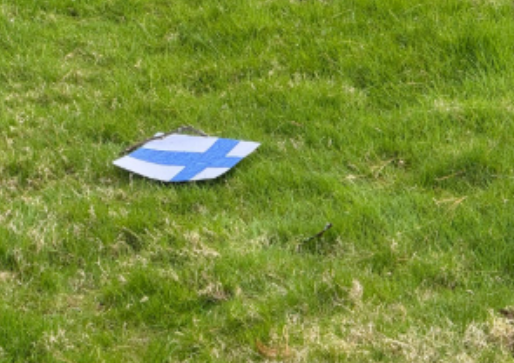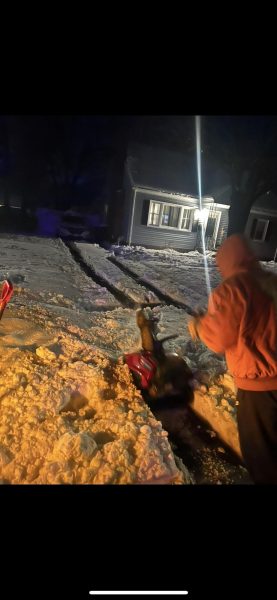Deforestation In The Amazon Extends Worldwide
Environmental activists around the world are amping up their accusations towards the mega-company Cargill, citing that their process of producing soy involves the need for agricultural space accomplished through clearing huge quantities of the Amazon rainforest.
These protectionists continue to worry about the future of our lush rainforest at the hands of large companies, who they see as bulldozing trees for their economic profits. They first viewed the CEO of Cargill, David MacLennan’s statement that his company would “take practical measures to protect forests against our agricultural supply chains around the world,” as a great step towards reducing deforestation. On top of this was an eventual declaration to eliminate deforestation completely on their part. However, these positive reactions were rather short-lived as many felt that Cargill’s subsequent physical commitment was insufficient.
One such organization feeling so, mighty earth, conducted an investigation examining Cargill’s promise, discovering that along with its partners, an equivalent of 10,000 fields of soy within the Amazon had been cleared. In response, the organization’s chairman Henry Waxman and once former Congressman said he “never encountered a company that has such difficulty translating high-level commitments into actions.”

Jayden Raj, a student at Hall High, says that mighty earth is in the right step in directing attention to the deforestation crisis, but that it is our responsibility to turn that awareness into actual progress. Adding his opinion, Jason Liu, a member of the West Hartford community, says that while we know of deforestation as a looming problem, “no one really thinks about it too much on a day-to-day basis.” Consequently, this lack of connection he feels is hindering our ability to really create change.

Documented for its biodiversity, the area houses 10 percent of all plant and animal species known to earth. Malhi, an ecologist at the University of Oxland in England, views the Amazon as “the richest place on our planet” and “one of the great libraries of nature on Earth.” From absorbing carbon dioxide out of the atmosphere to providing habitats for countless species, people from all communities recognize the worldwide importance of the Amazon, though deforestation in one place, albeit numerically insignificant, still has implications no matter where it is, Jason Liu mentions.
The continued pressure and their own understanding of environmental damage have led to some change though. In the recent past, Cargill has successfully teamed up with organizations to uphold the Brazilian soy moratorium, a monumental milestone that sought to not buy or aid those who cleared the Amazon land for their produce. What followed was a reduction of 30 to 1 percent of new soy expansion at the cost of the forest, says Gibbs, a professor at the Center of Sustainability and the Global Environment.





